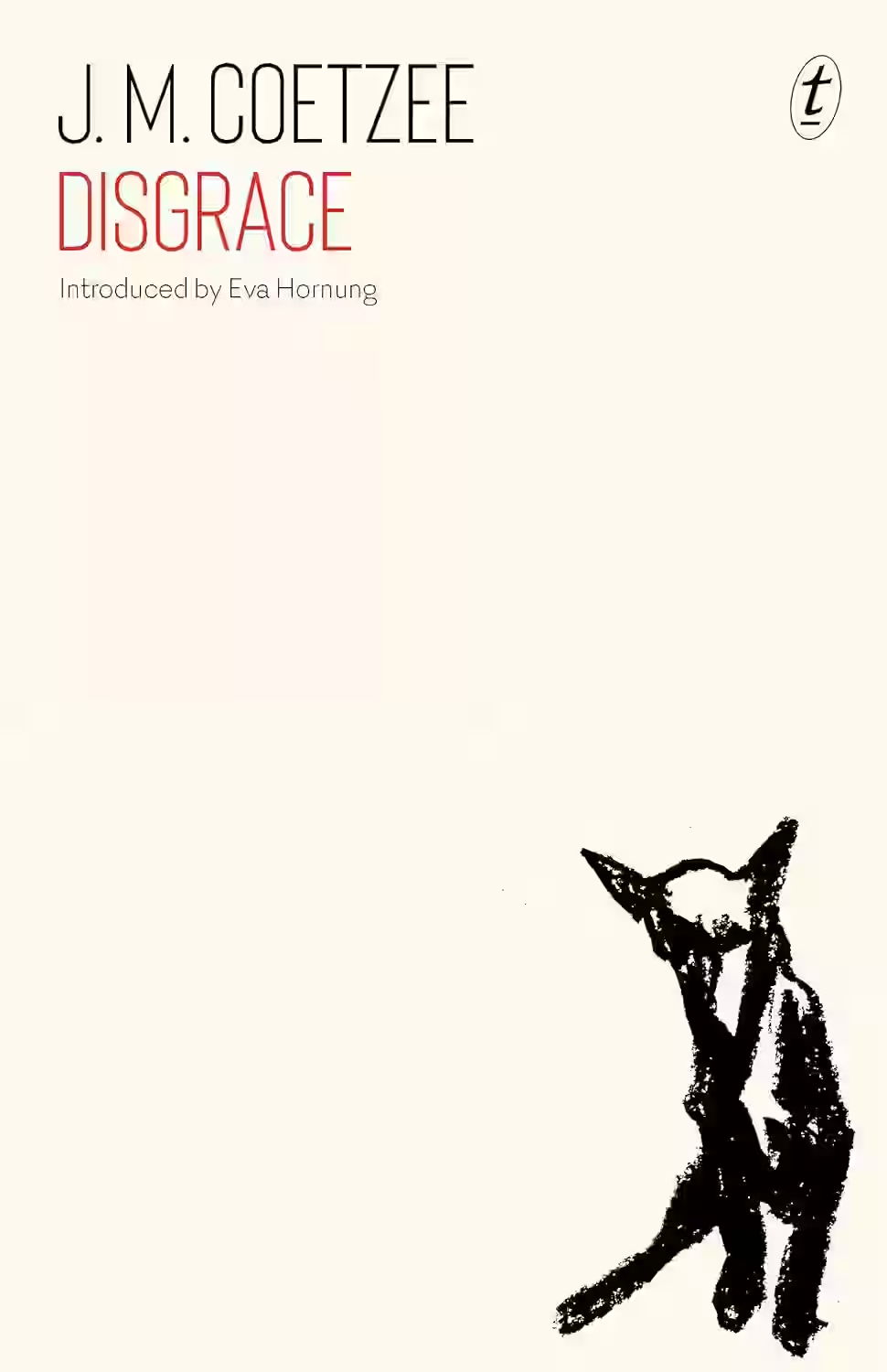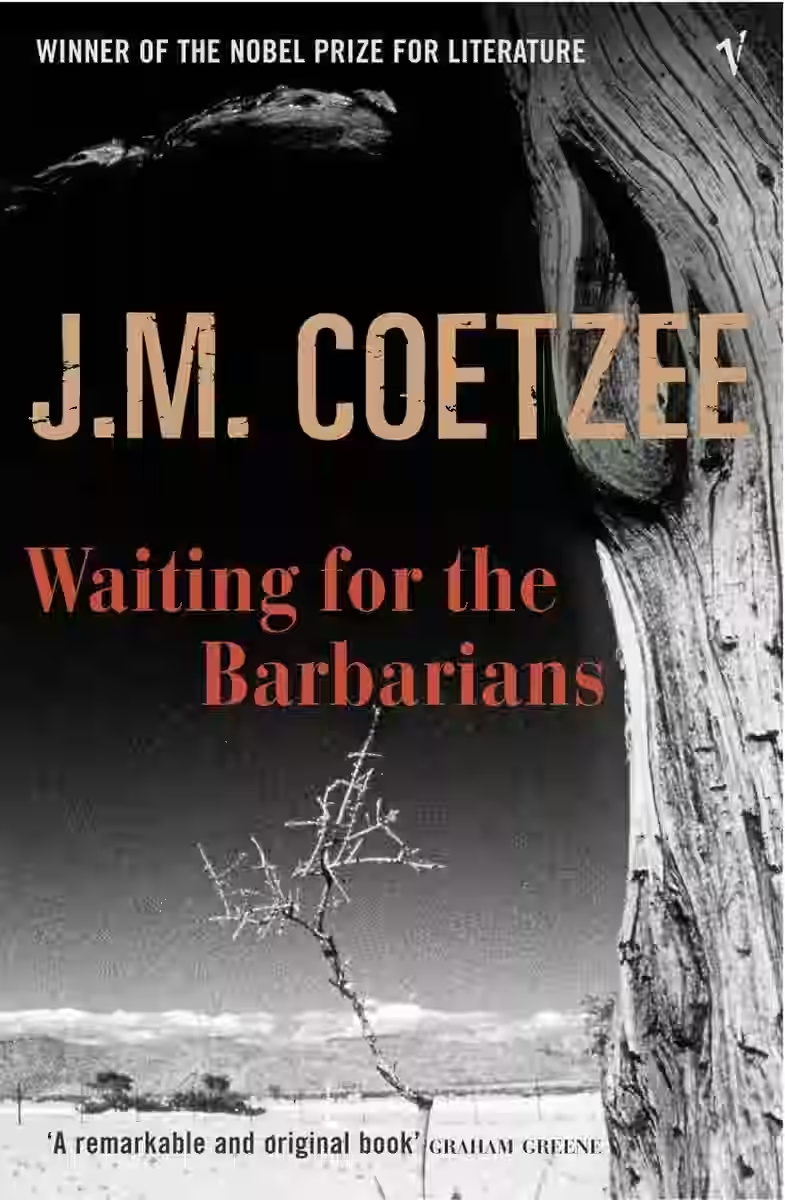J.M. Coetzee
A South African novelist, essayist, and Nobel laureate, known for his sparse, precise prose and unflinching examination of power, colonialism, and morality. His novels, including Waiting for the Barbarians and Disgrace, often feature isolated protagonists grappling with ethical dilemmas in politically charged landscapes. Coetzee's work is characterized by its intellectual rigor, allegorical depth, and exploration of uncomfortable truths, making him a powerful and critical voice in contemporary literature.

J. M. Coetzee's Booker Prize-winning novel Disgrace, set in post-apartheid South Africa, takes us into the disquieting mind of twice-divorced university teacher David Lurie as he loses his job and his honour after engaging in an ill-advised affair with a susceptible student. When he retreats to his daughter's farm, a brutal attack highlights their fractured relationship. Is it only through intense suffering and shame-his own as well as that of others-that David can begin to change, to understand his country and what it means to be human? In Disgrace, this Nobel-Prize winning writer examines ideas of evil, violence, dignity and redemption in a country dominated by the power dynamics of race.

In a nameless empire, a magistrate begins to question his complicity in the brutal treatment of “barbarians” as the regime prepares for war. As he empathizes with the so-called enemy, his loyalties shift, leading to personal ruin and moral awakening. Waiting for the Barbarians is a powerful allegory of colonialism, justice, and the psychological toll of dehumanization, written in Coetzee’s spare, haunting prose.